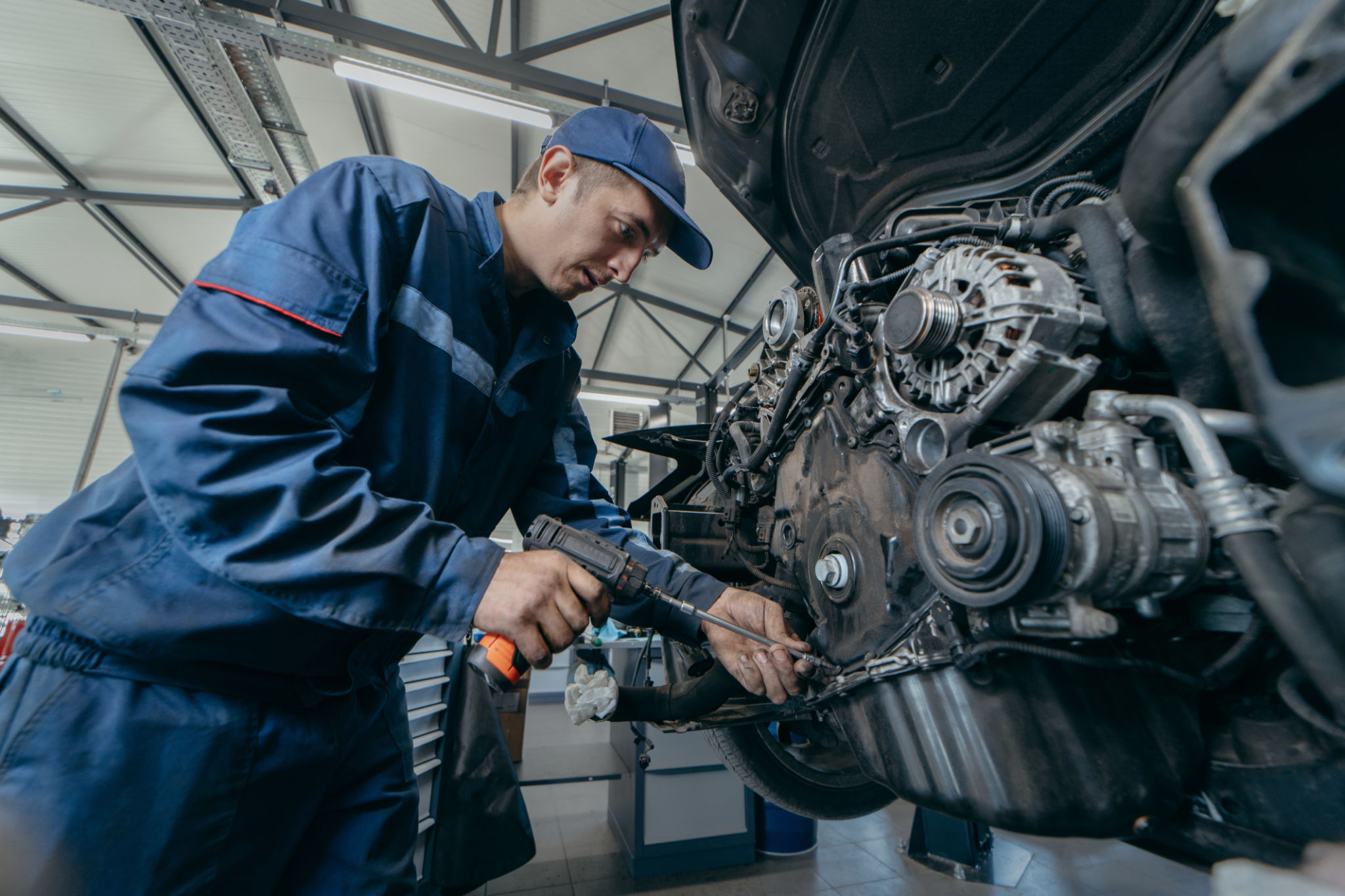DIY DPF Maintenance Tips: What You Can Do Before Calling the Pros
SS
Understanding the Importance of DPF Maintenance
The Diesel Particulate Filter (DPF) is an essential component of modern diesel engines, designed to remove soot and harmful particulates from exhaust gases. Over time, these filters can become clogged, leading to reduced engine performance and increased emissions. Regular maintenance is crucial to ensure that your DPF functions efficiently and prolongs the life of your vehicle.
While professional cleaning services are available, there are several DIY maintenance tips that you can try before calling in the experts. These tips not only help you save money but also keep your DPF in optimal condition.

Regularly Monitor Your DPF Light
Your vehicle's dashboard may have a DPF warning light that indicates when the filter is becoming blocked. **Pay attention** to this light and take immediate action if it turns on. Ignoring this indicator can lead to more severe issues that require professional intervention.
By addressing the problem early, you can often clear minor blockages without the need for costly repairs. In some cases, simply taking your car for a longer drive on the highway can help regenerate the DPF and clear away built-up soot.
Conduct Regular Highway Drives
One of the most effective ways to maintain your DPF is by ensuring it undergoes regular regeneration. This process occurs naturally when driving at high speeds, typically on highways. **Plan** a long drive at least once a month to help burn off the accumulated soot.

During these drives, maintain a steady speed and avoid frequent stops. This allows the exhaust temperature to rise sufficiently, enabling the DPF to regenerate effectively.
Use DPF Cleaner Additives
Another helpful DIY maintenance tip is to use DPF cleaner additives available at most auto parts stores. These products are designed to aid in removing soot and ash from the filter. **Follow** the instructions on the packaging carefully for the best results.
Regular use of these additives can prevent blockages and improve the efficiency of your DPF over time. However, they should not be relied upon solely as a substitute for other maintenance practices.

Check and Maintain Oil Levels
Your vehicle's oil levels play a crucial role in the health of your DPF. **Ensure** that your engine oil is at the appropriate level, as low oil can increase soot production. Additionally, using low-SAPS (sulfated ash, phosphorus, and sulfur) oil can help reduce DPF clogging.
Consult your vehicle's manual or a trusted mechanic to determine the right type of oil for your engine. Regular oil changes are also essential to keep both your engine and DPF running smoothly.
When to Call the Professionals
While these DIY tips can be incredibly effective, there are times when professional intervention is necessary. If your DPF light remains on after trying these methods, or if you notice a significant drop in engine performance, it might be time to consult a specialist.
Professionals have specialized equipment and techniques to clean and restore your DPF. **Don't hesitate** to seek help when needed to avoid further damage and costly repairs in the long run.
